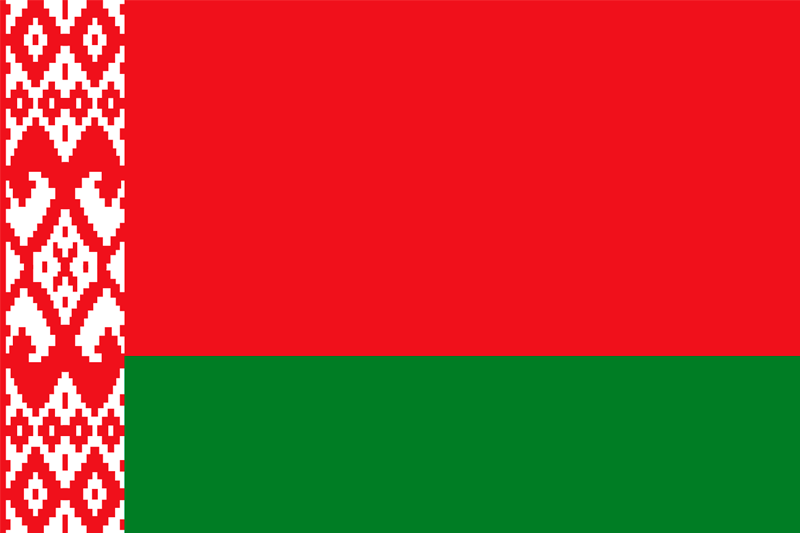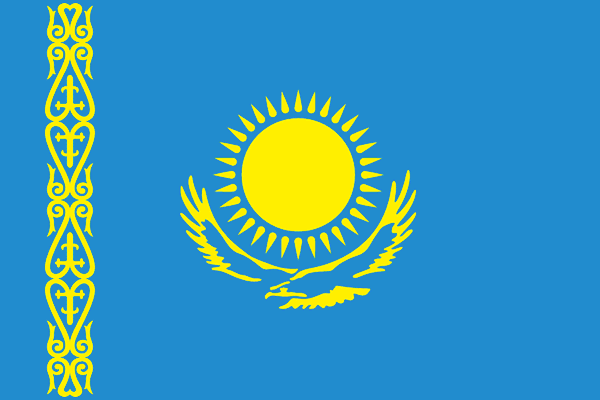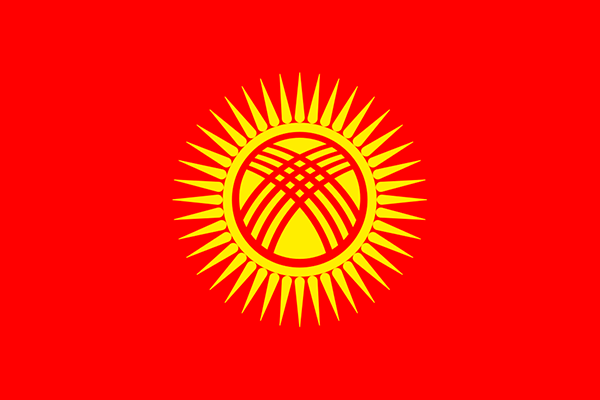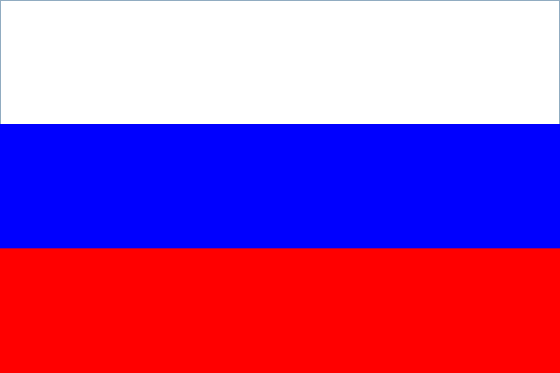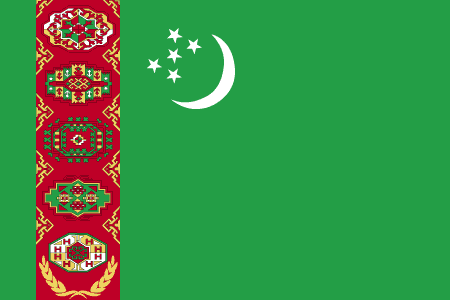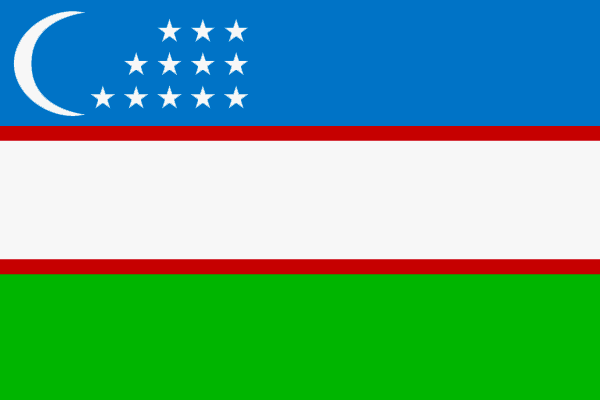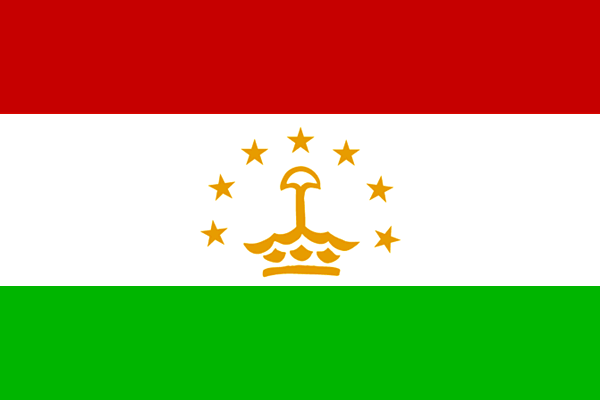
Republic of Tajikistan
Legal system
The legal system of Tajikistan belongs to the Roman-Germanic Law Family.
The Constitution is the main law of the State, it was adopted on November 6, 1994. The Majlisi Oli – Parliament of Tajikistan – is the highest representative and legislative body, consisting of two Majlisi – Majlisi Milli (Upper Chamber) and Majlisi Namoyandagon (Lower Chamber).
Economy and financial sector
Tajikistan is an agro-industrial country, where the structure of employment has significantly changed during the years of independence, and the economy industrialization has taken place. The National Development Strategy until 2030 is being actively implemented and industrial production is being developed.
Financial sector is represented by banks, micro-credit and micro-deposit organizations, micro-credit funds, insurance companies, professional securities market participants and leasing companies.
Financial Intelligence Unit
Financial Monitoring Department under the National Bank of Tajikistan (FMD) is an authorized body in the sphere of AML/CFT/CPF, and it acts as a national center for collection and analysis of STR, as well as other information related to ML, predicate crimes and TF, and transfer the results of this analysis to the competent authorities on initiative and upon request. The FMD regulates and supervises the reporting entities in terms of compliance with the AML/CFT/CPF legislation, and coordinates the activities of the competent authorities (Ministry of Foreign Affairs, Ministry of Justice, Ministry of Finance, Ministry of Internal Affairs, Anti-Corruption Agency, Drug Control Agency, State National Security Committee, General Prosecutor's Office, Supreme Court, and National Bank of Tajikistan) on relevant issues.
The head of Tajikistan delegation to EAG is the Director of the Financial Monitoring Department under the National Bank of Tajikistan Mr. Halim Mirzoaliev.
Agencies involved in the AML/CFT system
In Tajikistan, the Interagency Commission on AML/CFT/CPF (approved by the RT Government Resolution of October 4, 2013 No. 443), which coordinates the activities of the state agencies in this area, was created and operates permanently.
Legal framework
In 2011, Tajikistan adopted the AML/CFT Law, which was amended periodically to bring it in line with the FATF Recommendations, including the CPF issues.
Legal and organizational principles of the AML/CFT/CPF system are regulated by the relevant law, Criminal Code, Criminal Procedure Code, Code of Administrative Offences, Civil Code, Law "On Combating Terrorism", Law "On Insurance Performance", Law "On Banking", Law "On State Registration of Legal Entities and Individual Entrepreneurs", Law "On Securities Market" and other regulatory legal acts.
The country has a digital repository of legal acts. A search by document name is available.
International cooperation
Tajikistan is among the States that established the EAG and since the foundation of the Group takes an active part in its work.
Tajikistan has been a UN member state since 1992, and it is a SCO, CSTO, IMF, and CIS member state.

 Login to your account
Login to your account Eng
Eng Рус
Рус